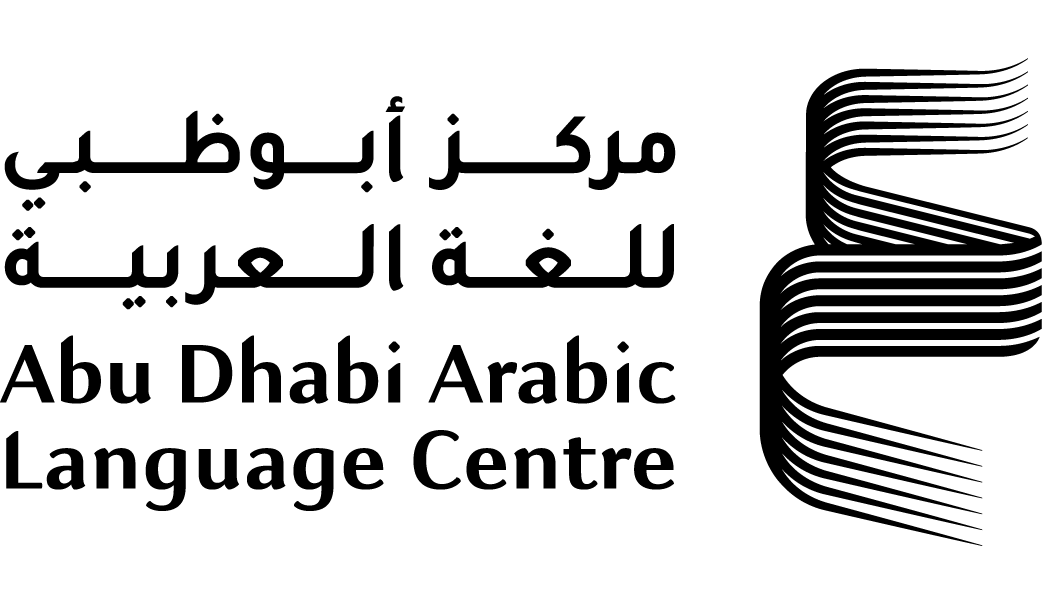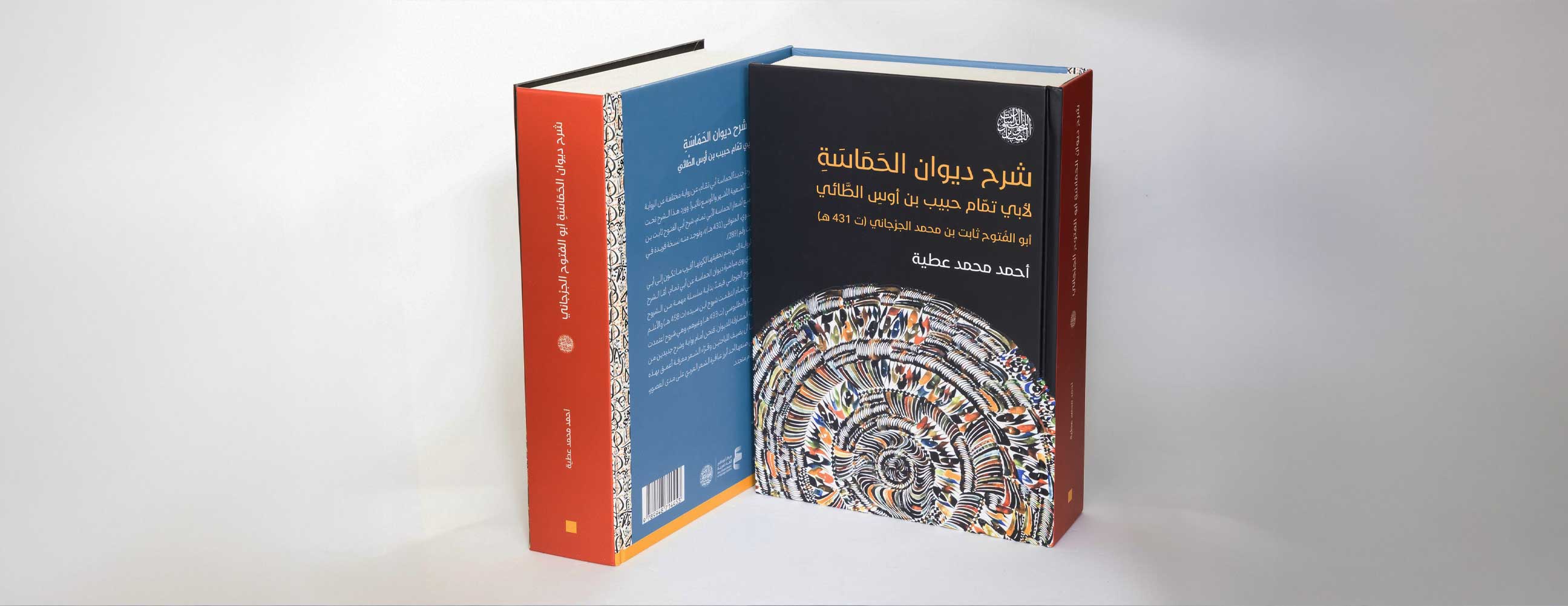The Abu Dhabi Arabic Language Centre (ALC) has recently published the book ‘Explanation of the Al-Hamasa Collection by Abi Tammam, by Abu Al-Futuh Al-Jurjani, Thabit bin Muhammad Al-Adawi Al-Andalusi’, a study drafted and edited by Dr. Ahmed Muhammad Attiya Abdul Hadi.
Published as part of the ALC’s Basaer (Insights) series of research papers and studies, which is dedicated to printing winning works from the Research Grants Programme, the book presents a study of a new commentary on the Al-Hamasa Collection by Abi Tammam that differs from the well-known edition by Abu Mansur Al-Jawaliqi. The new commentary is titled ‘A Book Containing All the Poems of Abi Tammam’s Al-Hamasa: A Commentary by Abu Al-Futuh Thabit bin Muhammad Al-Jurjani Al-Adawi, who passed in 431 AH’. A unique edition (a manuscript copy) of this work is available under number 289 in the Library of El Escorial in Spain.
The value of the narration edited in this book stems from its close proximity to Abi Al-Mutarrif Al-Antaki, who narrated the Al-Hamasa Collection first-hand from Abi Tammam. Furthermore, Abu Al-Futuh Al-Jurjani’s commentary marks the beginning of an important series of Andalusian commentaries on Abi Tammam’s Al-Hamasa. These commentaries adopted a narrative that differs from the Eastern narrative of the Collection, providing researchers and poetry readers with a more profound insight into these pioneering selections.
The book includes an introduction and study on the author of the commentary, Abu Al-Futuh Thabit bin Muhammad Al-Adawi Al-Jurjani, covering his name, lineage, academic standing, sources of his biography, and relevant information. It also features a study of the manuscript copy, describing it and addressing the issue of its title, which the researcher suggests might have been created by a copyist.
The author dedicated a chapter to reviewing the methodology for editing the manuscript, which, due to being an edition of a unique copy, necessitated processing and editing the manuscript text in light of its various source materials. This is then followed by the ten chapters into which Abi Tammam organised his Al-Hamasa Collection, namely: Al-Ḥamasa (Valour), Al-Marathi (Dirges), Al-Adab (Manners), Al-Nasib (Love poetry), Al-Hija’ (Satires), Al-Adyaf Wal-Madiḥ (Hospitality and Panegyric), Al-Sifat (Miscellaneous Descriptions), Al-Sayr Wal-Nu’as (Journeying and Drowsiness), Al-Mulah (Pleasantries), and Madhammat Al-Nisa’ (Vituperation of Women).
Abu Tammam’s Al-Hamasa Collection is renowned as a unique poetic anthology gathering the finest Arabic poetry and classifying it into ten thematic chapters. Significant attention is paid to noble values and morals, such as heroism, courage, and the honouring of ethics and virtues. The Collection is considered an educational, cultural, and social school for refining taste, one that holds tremendous civilisational value and aesthetic artistry.
Arab critics have regarded it as a standard of Classical Poetry it encompasses the artistic characteristics and poetic traditions espoused by the great Arab poets in ancient times, and considered the foundation of good Arabic poetry, without which poetry cannot stand. These characteristics include elements such as eloquence of expression, importance of meaning, a masterful use of similes.
The book was published as part of the Basaer (Insights) series of research papers and studies, dedicated to printing winning works from the Research Grants Programme, which is organised by the Abu Dhabi Arabic Language Centre to support the authorship of academic books in various fields of language and literature. The book’s release coincides with the Community Campaign to Promote Sustainable Reading, which was launched by the ALC in celebration of the ‘Year of Community’, and is set to continue until the end of the year, with the aim of fostering a culture of reading as a sustainable and constructive everyday habit among all segments of the community.
Dr. Ahmed Muhammad Attiya is an Egyptian researcher and novelist born in 1979. He obtained his PhD in Arabic Literature from Cairo University in 2016, and specialises in Arabic heritage studies at the Manuscripts Centre in the Bibliotheca Alexandrina. He is a prolific author and has published a significant body of works including novels and research publications.
![alc-default-cursor]()

